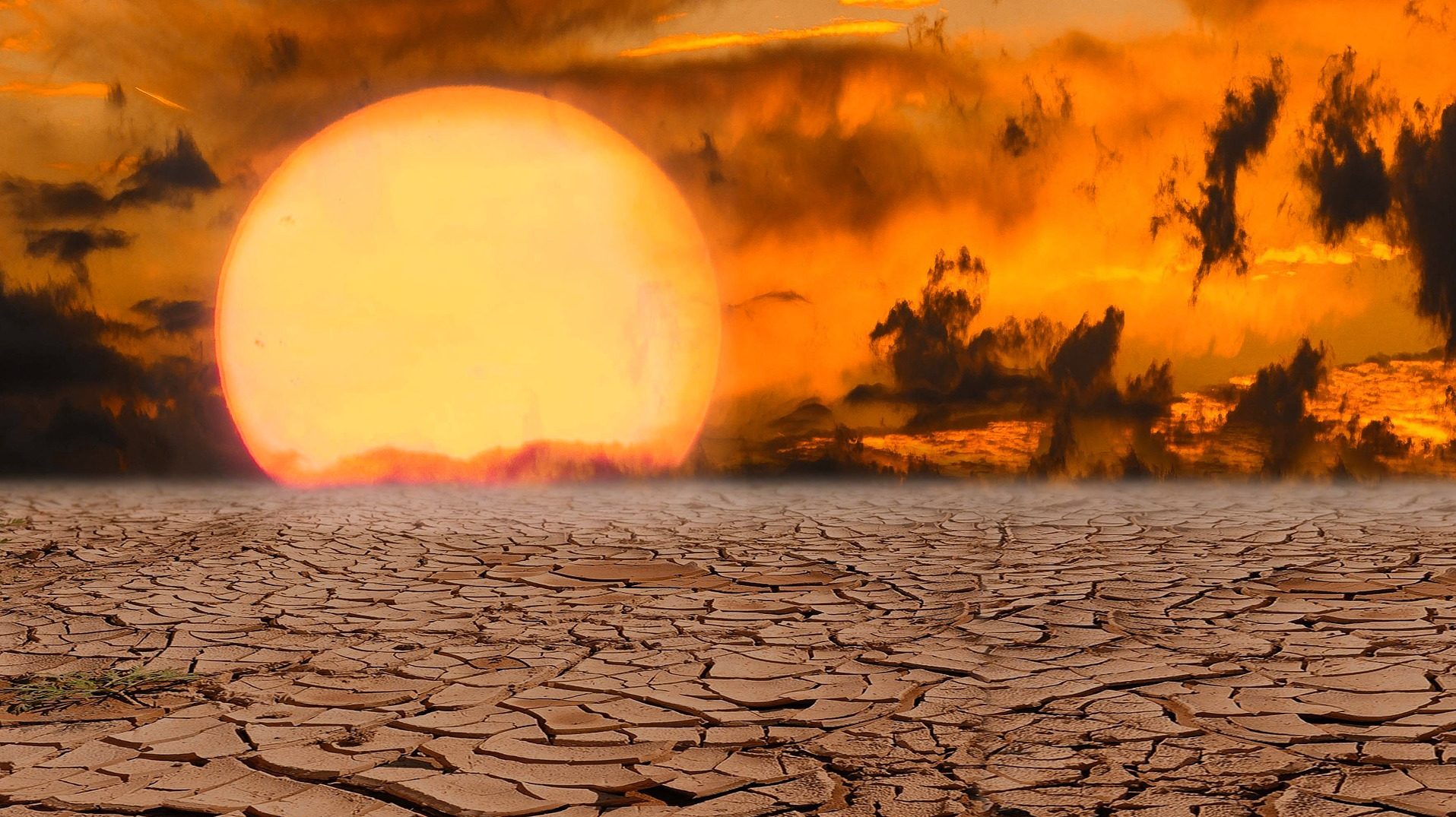After Tense Talks, Imperfect Agreement Reached on Climate Damage Fund
The final meeting on an international “loss and damages” fund to assist poor countries hard hit by the changing climate ended in Abu Dhabi at the weekend with an agreement that has been described as “critical” but one that “falls short on some items.”
The draft agreement, which will be sent to the COP28 climate conference in Dubai later this month for signing and adopting, followed two days of tense negotiations that nearly broke down on several occasions.
The agreement lays out the basic goals of the fund and provides for the World Bank to host it for the first four years. Funding will be drawn from large developing countries as well as from the United States, United Kingdom, and European Union, although no financial target was stated.
Both developing and developed countries made concessions to reach the agreement, with developing countries agreeing to allow the fund to be managed by the World Bank and developed countries agreeing to language implying that they should be the key donors, with the agreement saying they would be “urged” to contribute while others would be “encouraged” to do so.
The US State Department issued a statement saying it was “pleased with an agreement being reached,” but also that it was regretful that the consensus about donations to the fund being voluntary was not reflected in the agreement.
Avinash Persaud, a special envoy to Barbados Prime Minister Mia Mottley on climate finance who negotiated on behalf of Latin America and the Caribbean, said the agreement was “a challenging but critical outcome. It was one of those things where success can be measured in the equality of discomfort.”
Mohamed Nasr, the lead negotiator from Egypt, last year’s climate conference host, said the agreement “falls short on some items, particularly the scale and the sources [of funding], and acknowledgment of the cost incurred by developing countries.”
The demand for establishing a fund to help poor countries affected by climate change has been a focus of UN climate talks since they started 30 years ago and was finally accepted at last year’s climate conference in Egypt. Since then, negotiators from both developed and developing countries have met numerous times to finalize the details of the fund. Their last meeting, in Egypt in November last year, ended in a stalemate.
Climate policy analysts say that while an agreement is better than a stalemate, there are still numerous gaps that must be filled for the fund to be effective in helping poor and vulnerable communities affected by climate change.
The agreement is “the furthest thing imaginable from a success,” said Brandon Wu, of ActionAid USA. He said the agreement “requires almost nothing of developed countries. … At the same time, it meets very few of the priorities of developing countries, the very countries, need it be said again, that are supposed to benefit from this fund.”
Sultan al-Jaber, a UAE federal minister and CEO of Abu Dhabi National Oil Company, who will oversee the COP28 conference, welcomed the outcome.
“Billions of people, lives and livelihoods who are vulnerable to the effects of climate change depend upon the adoption of this recommended approach at COP28,” he said.


